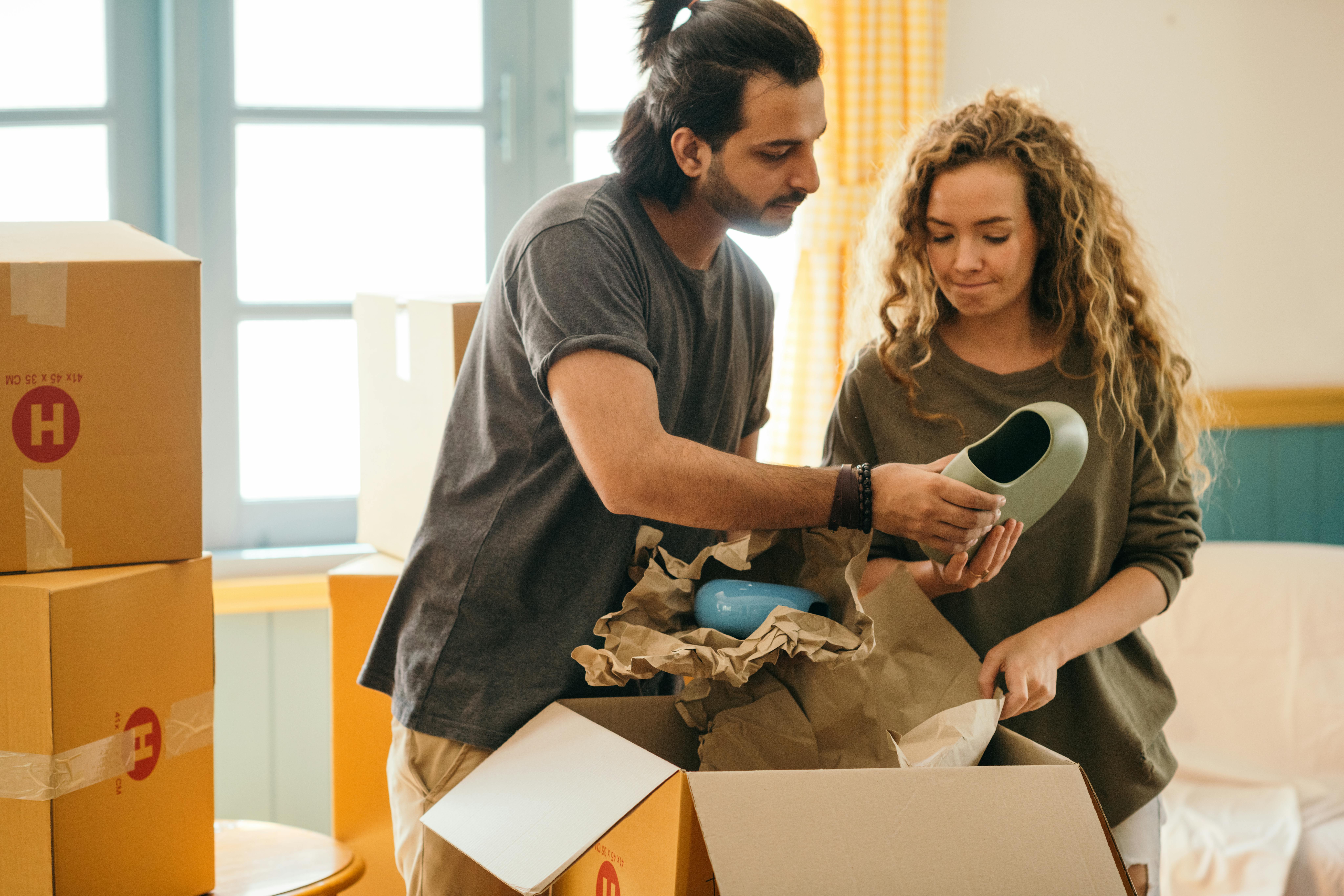Regarding the nearly 17-month pandemic horrors in India, we usually discuss the economy and growth rate, the loss of lives, jobs and livelihoods, the sectors most affected, the lack of significant financial relief from the government and other issues. TV channels regularly show how movie stars and other celebrities are doing and how sports activities should be restarted. We only occasionally discuss how homebound students are coping with the crisis; that we don’t care to know how they’re doing either, but just run chat shows with the same education experts or teachers on basically the same points repeated over and over again. Then there are the intense discussions about holding various types of exams at the appropriate times. However, in recent weeks, the debates on the completion of the final exams for classes 10 and 12 have been resumed, which finally ended with the decision of all states to declare the results without taking exams and based on online tests. and the general evaluation of two years, but almost none. Discussions are taking place about how students in the vast rural areas manage without having access to digital devices and internet connections. And now, there are discussions about reopening schools, particularly elementary schools, as the situation appears to be improving in several states. Upper 12+ classes are only partially held in some states, though that is subject to parental consent letters.
We salute the millions of parents for managing their children within the four walls by doing everything possible to keep them mentally stable, providing them with time and facilities, feeding them well, and allowing them occasional recreational activities whenever walking restrictions are eased by the respective colonies and societies. , riding a bike and playing on campus or in parks depending on the contagion situation. The loss suffered by the students is enormous, considering their isolation, lack of personal interaction with friends and teachers, and an almost bleak future ahead in terms of their future admissions and educational options and activities. Taking all these factors into account, schools need to reopen as soon as possible, and some states are actively thinking about this to inspire confidence in parents.
However, the majority of parents, a survey says almost 48% of them, still oppose sending their children to school, not at all sure about the protective measures that the respective schools are supposed to take. . They are fully justified for the following reasons: the experts themselves say that living with young people between the ages of 10 and 17 is a risky proposition, because they have to leave home for some activity or work and if they contract the virus and bring it home as soon as he will probably recover quite easily, but the elderly will be at serious risk; the much-feared third wave of COVID-19 is coming at any moment, and many experts say it will significantly affect children; vaccination is carried out only for students over 18 years of age, and the vaccination campaign has stalled due to the evident shortage of doses despite repeated denials from the government, we are forced to witness an unprecedented race and even fisticuffs in limited and partially operative vaccination. centers across the country; and vaccination of children up to 17 years of age have not yet been announced despite the fact that the government claims that several vaccines are being prepared for them.
Parental concerns must be respected at this crucial time. All students, starting at the kindergarten level, must be fully vaccinated and the third wave must be prevented or well addressed before schools reopen and online classes must continue in the meantime. Some educators have suggested various measures such as dividing a class into groups to take classes at different times since most teachers have to attend schools every day, and claim that if gyms, bars and restaurants, movie theaters, markets, public transport (only partially in most states) and offices can reopen, why not schools. But who can be trusted to devise a foolproof plan to benefit all students, and who will be held accountable if some get the now-dominant Delta variant and bring it home? Parents are not convinced, neither are we.
In the meantime, effective measures other than the immediate reopening of schools can be considered. Educational institutions or agencies, government organizations, news channels, and NGOs should conduct surveys and studies to assess students’ mental health, provide avenues for online entertainment and interaction, organize multipurpose online conferences in the region, and highlight all significant experiments or extracurricular work done or performed by homebound students in their spare time. This is an extremely worrying issue and all the best brains in the country must be committed to finding solutions. This is not only the most serious crisis of the century facing students, but also for the future of the country which looks bleak even otherwise.
